In a significant setback to international efforts to broker peace in Gaza, the United Nations Security Council failed to pass a proposed ceasefire resolution due to the veto by permanent members Russia and China. The resolution, tabled by the United States, sought to enforce an immediate ceasefire in Gaza and allow for the unhindered entry of humanitarian aid. However, despite garnering support from a majority of council members, including key Western allies, the resolution was blocked by the dual veto from Russia and China.
The proposed resolution aimed to address the escalating humanitarian crisis in Gaza, where Israeli airstrikes and Palestinian rocket attacks have resulted in civilian casualties and widespread destruction. It called for an immediate cessation of hostilities, emphasizing the need to protect civilian lives and infrastructure. Additionally, the resolution urged Hamas to release Israeli hostages, further emphasizing the importance of humanitarian considerations in the ongoing conflict.
However, Russia and China vetoed the resolution, citing concerns over its perceived bias towards Israel and its failure to address the root causes of the conflict. Both countries criticized the proposal for lacking balance and prioritizing political interests over humanitarian concerns. Russian representative Vasily Nebenzia accused the United States of hypocrisy, arguing that the resolution effectively endorsed Israeli military action in Gaza and failed to hold Israel accountable for its actions.
Similarly, Chinese representative Zhong Jun expressed dissatisfaction with the proposed resolution, highlighting its unbalanced nature and failure to adequately address the plight of Gazans. He emphasized the need for a ceasefire as a fundamental prerequisite for safeguarding the lives of millions of civilians but criticized the resolution for its ambiguity and potential to exacerbate the situation.
The failure of the ceasefire resolution underscores the deep divisions within the Security Council over the Gaza conflict and the broader Israeli-Palestinian conflict. Despite repeated calls for an end to hostilities and the provision of humanitarian aid, political differences continue to impede international efforts to resolve the crisis. The veto by Russia and China further highlights the challenges faced by the international community in addressing the complex dynamics of the conflict and achieving a sustainable peace in the region.



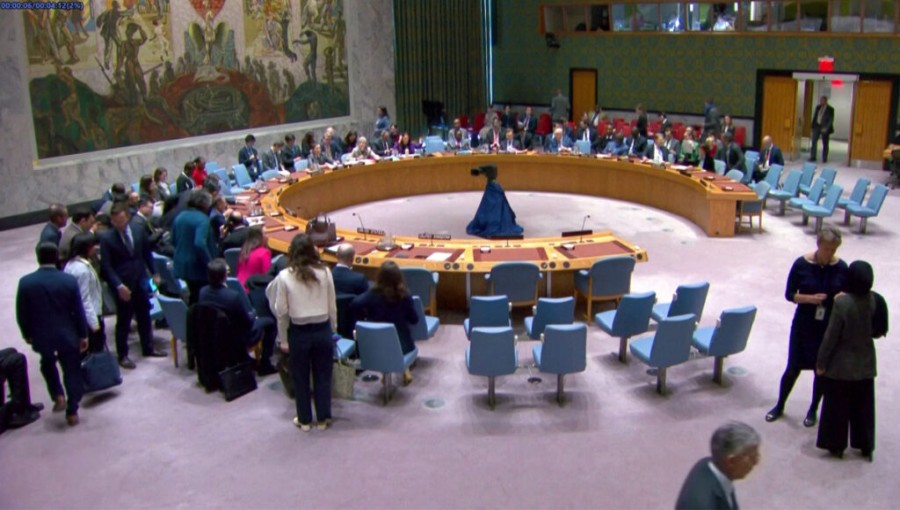





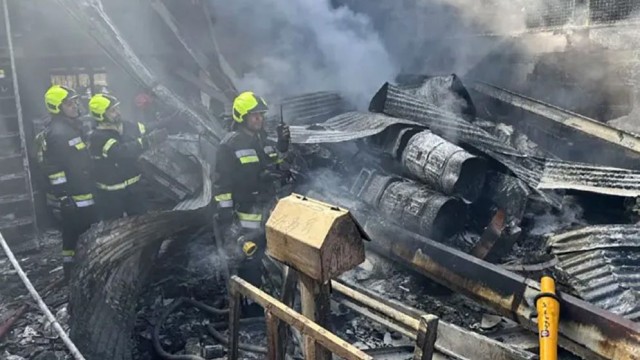




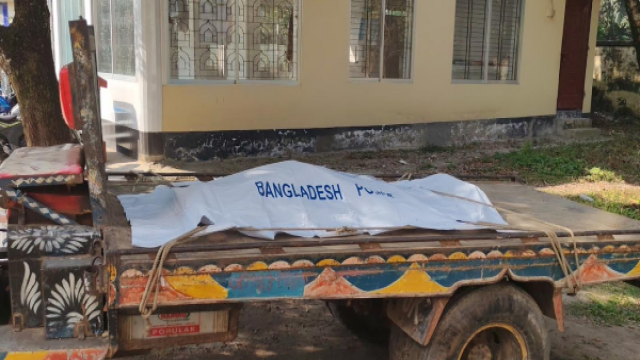
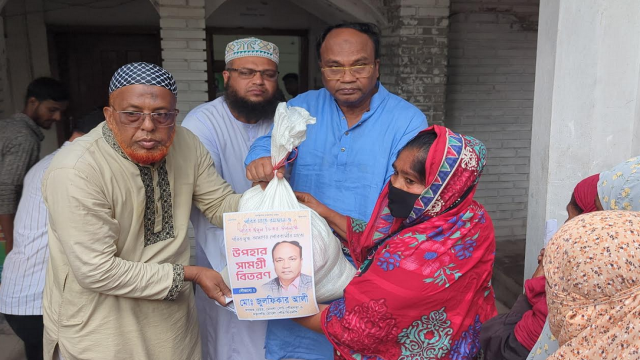

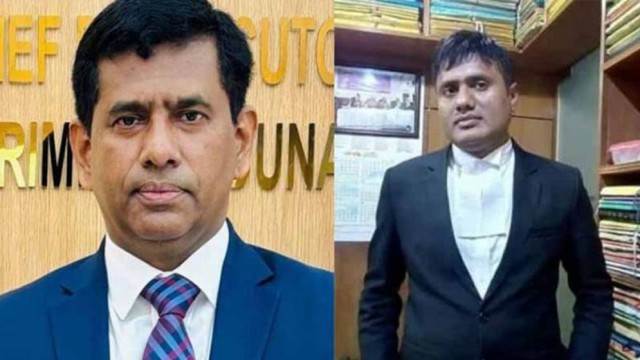











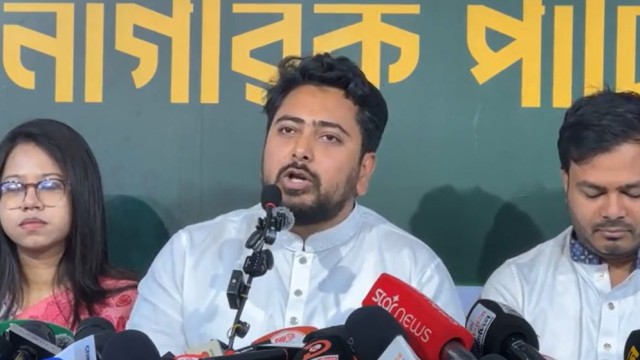

Comment: